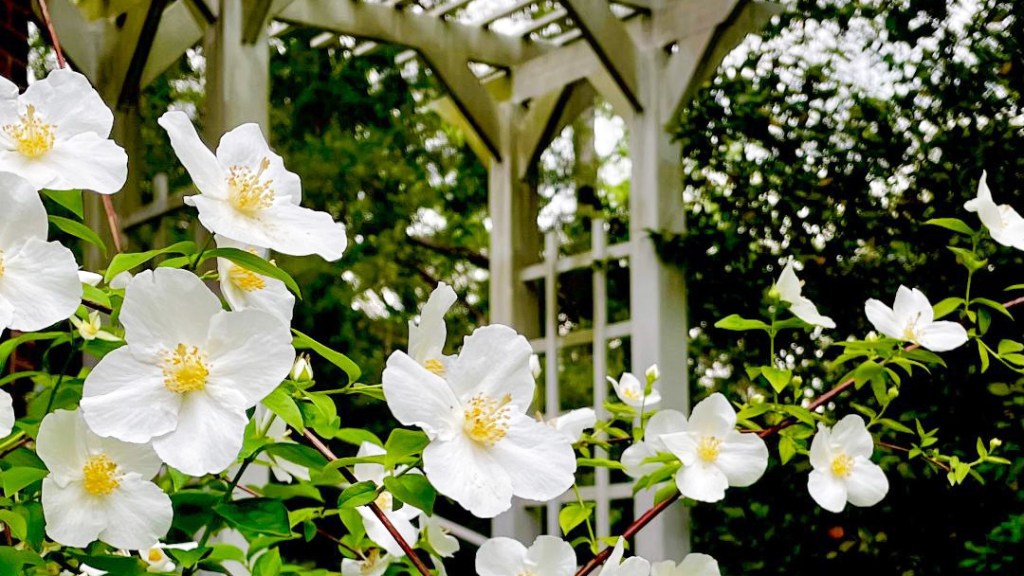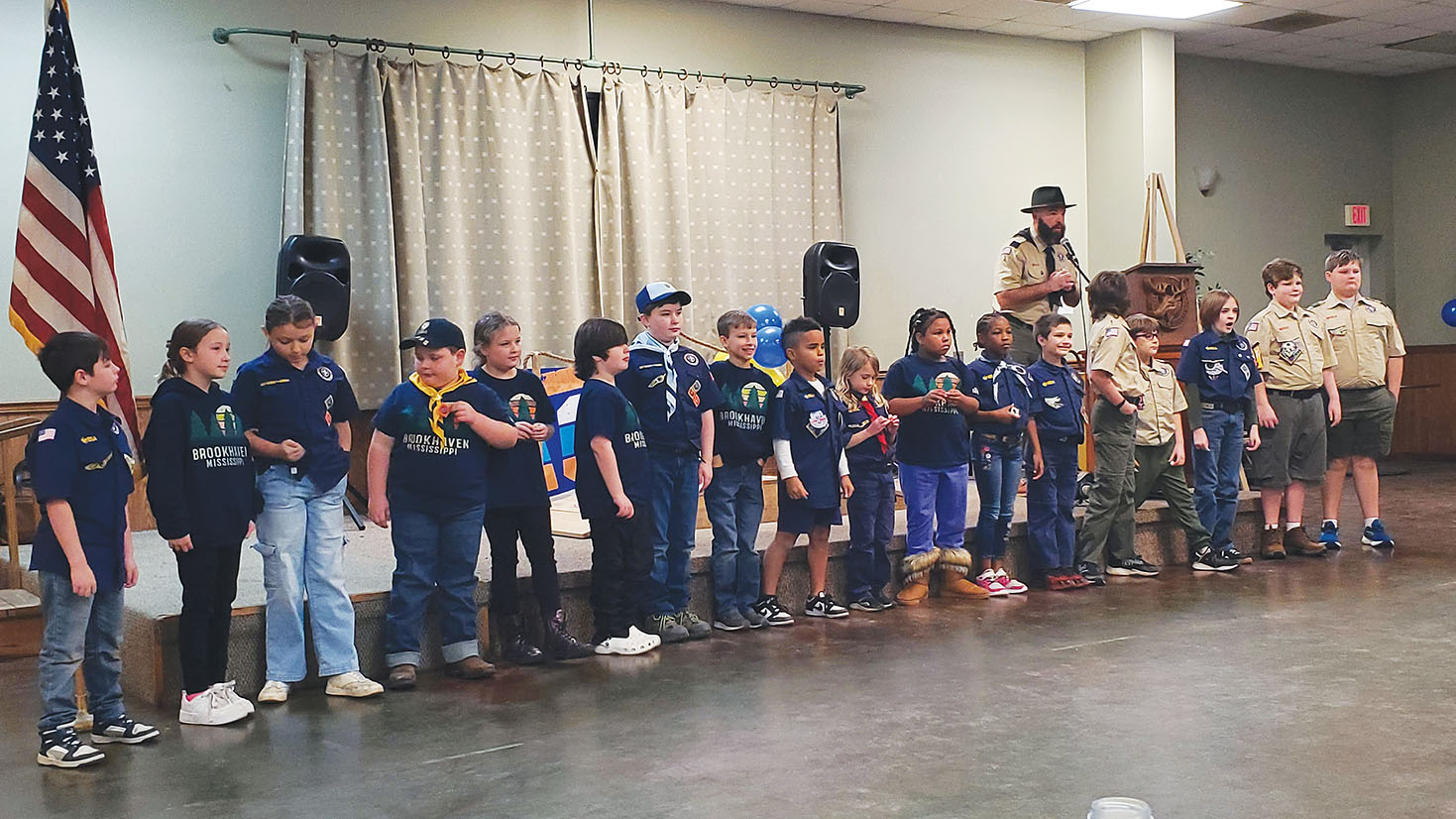Take a flexible approach to plant selections
Published 1:00 pm Sunday, May 1, 2022

- Photo by Felder Rushing / Take a flexible approach to plant selections
In the garden, a flexible approach to plant selections often works out best in the long run.
Every day brings little personal-preference choices between Pepsi or Coke, paper or plastic, and bathroom tissue rolling directions, even when the outcome is pretty close to the same.
Ditto with plants. While St. Augustine and centipede turfgrasses have different leaf shapes and hues of green than Bermuda and zoysia, they are all in essence high-maintenance flat green carpets. True, each has its own needs for best growth, but most folks choose them based mostly on looks, with little regard to best mowing heights.
But we can also go with a mow-what-grows flowerlawn mélange of different grasses, short groundcovers, white clover, and other low-growing wildflowers. After mowing, it’ll have about the same landscape function as a sterile industrial lawn, but with less maintenance and a lot more bees and butterflies.
A biggie to me is our dogged pursuit of beautiful native woodland dogwood trees. Thousands are planted every year in Mississippi, in spite of how, according to Southern Living editors, an estimated two out of three won’t make it to their third year in the ground. But once we get our minds set on wanting one, we will gamble over and over until one makes it.
Meanwhile, in spite of their stunning beauty, ease of planting in sun or shade and any kind of soil, and how they light up every garden that has one, native fringe trees (Chionanthus, often called “grancy graybeard”) are nearly impossible to find for sale in local garden centers.
Why don’t we see more? Simple: Consumers drive the marketplace. More folks ask garden centers for dogwoods, so that is what gets ordered from wholesale growers. If more gardeners asked for fringe trees, more would be sol, planted and seen, and then more would be asked for. And more would survive than iffy dogwoods.
I’m trying hard here to not parse the difference between replacement and substitute; I totally get that there are no plants quite like dogwoods, or crape myrtles or roses for that matter. But when those unique beauties simply don’t do well, there are acceptable, more easily grown alternates.
Not talking about growing okra instead of rhubarb. But showy, perennial daffodils and hardy amaryllis are a lot more dependable than one-shot tulips; rosemary thrives where lavender melts; Japanese maples and summer-blooming vitex will be eye-catching long after crape myrtles fail from the terrible new bark scale insect sweeping the state.
Along these lines, I have long championed dependable old-fashioned flowering shrubs over the flashier mainstays. Azaleas and mophead hydrangeas are party showoffs, but I can see them on any neighborhood walk; I more appreciate less common but interesting and doubly-durable shrubs including Vanhoutte spiraea, yellow rose of Texas (Kerria), double flowering almond, Florida jasmine, sweetshrub (Calycanthus), yesterday-today-and-tomorrow (Brunfelsia), winter honeysuckle, grape holly (Mahonia), fragrant sweet olive, snowball viburnum, native azaleas, oakleaf hydrangea, flowering quince, prickly pear cactus, and rose of Sharon.
Are they eye-poking colorful as azaleas? Nope. But they’re certainly more interesting, and durable.
To me one of the best alternate shrub choices is the tall, cascading dogwood look-a-like named Philadelphus, which goes by both English dogwood and mock orange. This antique shrub outgrows, outlives, and flat out-flowers real dogwoods, with more, larger flowers. In sun or shade.
Here’s a suggestion for garden centers wanting to improve the diversity of gardens: For every three dogwoods someone buys, give them a free rooted cutting of a Philadelphus. See which one grows best, gets the most compliments, and stimulates interest in more plants. My money’s on the latter.
Felder Rushing is a Mississippi author, columnist, and host of the “Gestalt Gardener” on MPB Think Radio. Email gardening questions to rushingfelder@yahoo.com.





